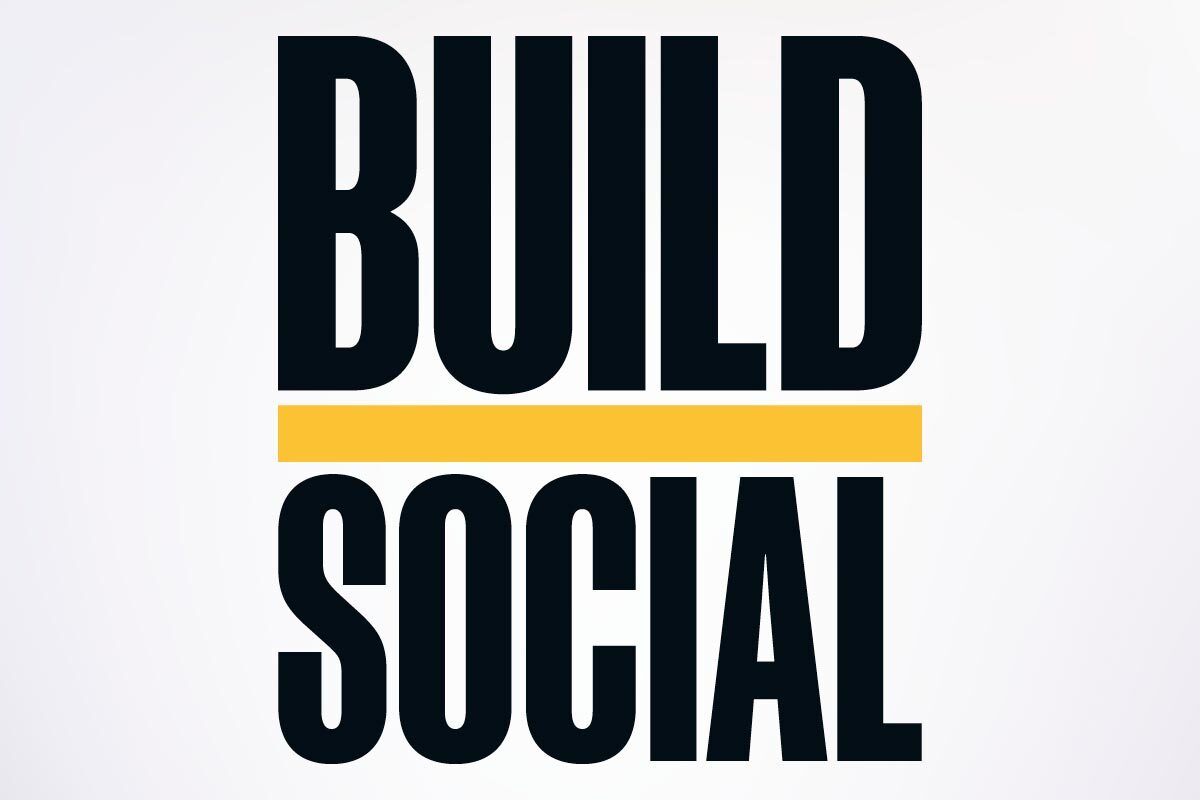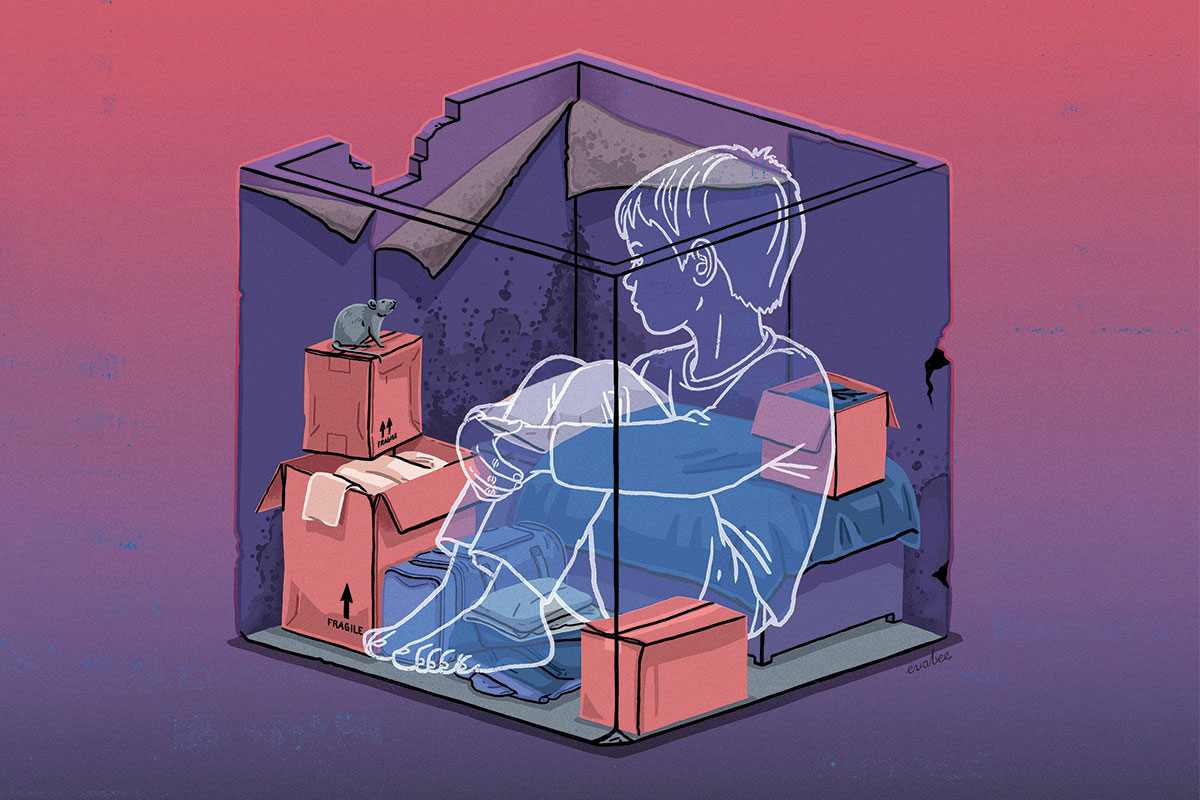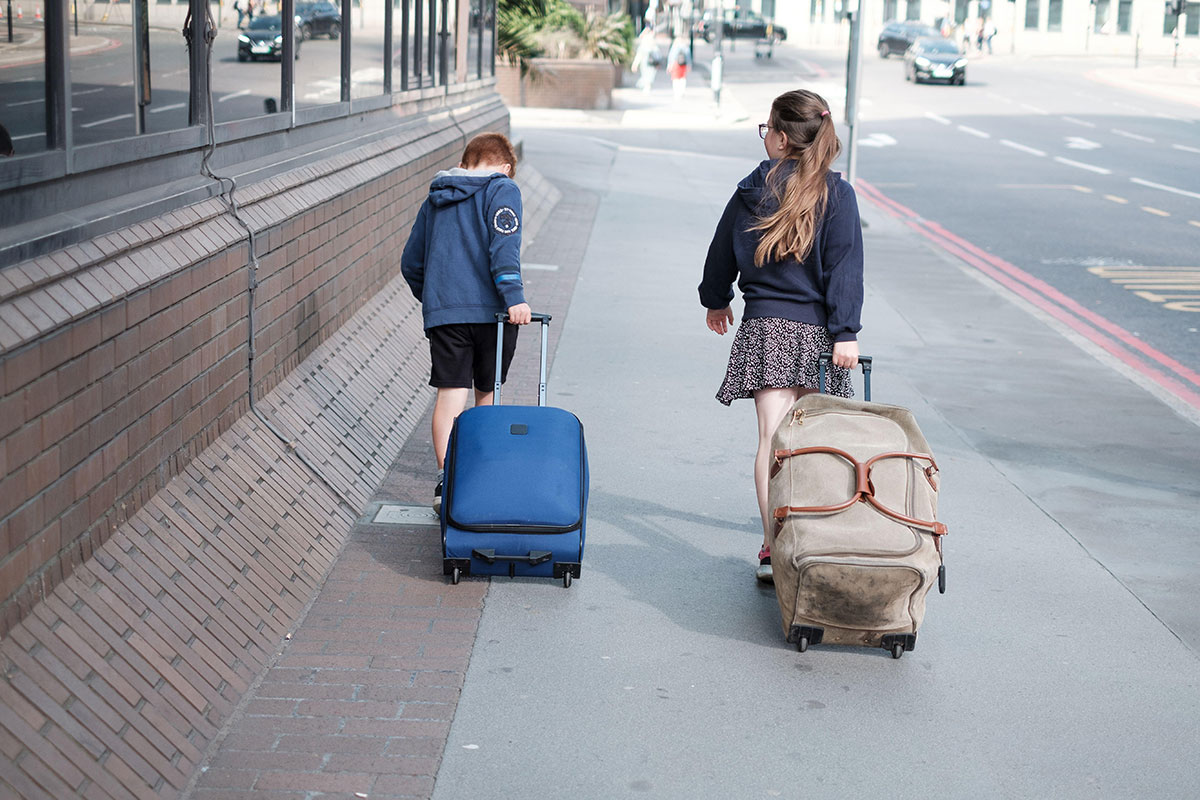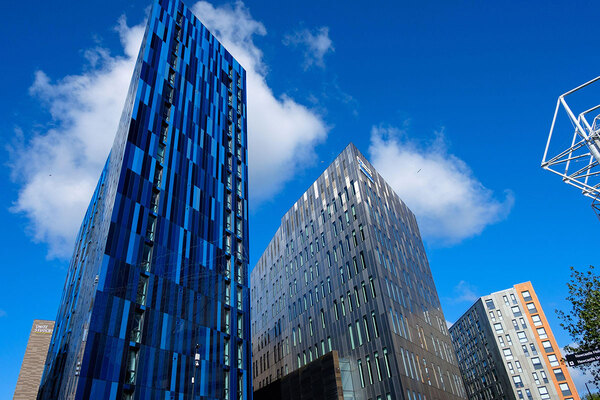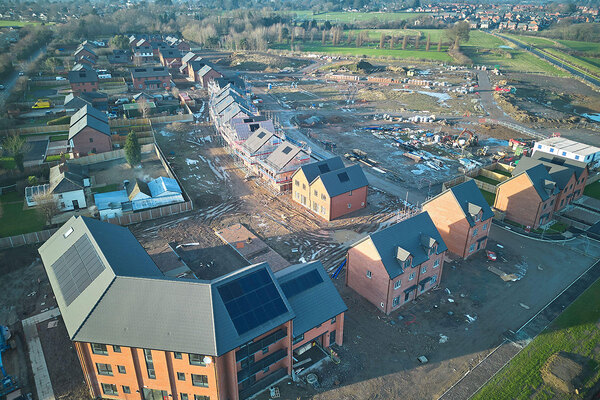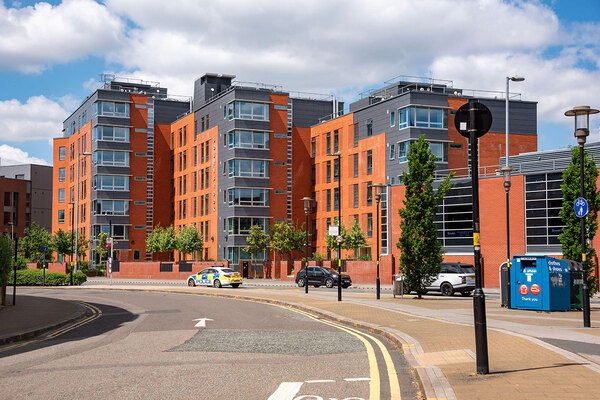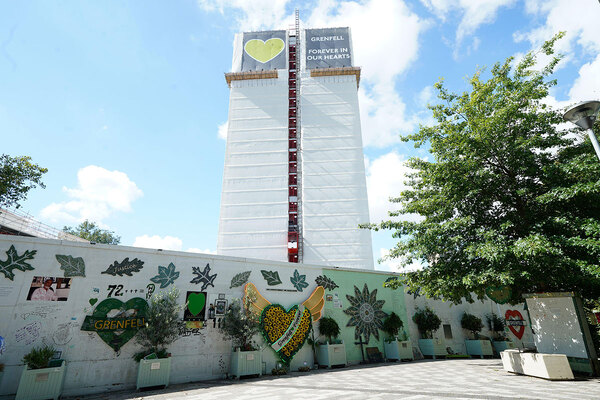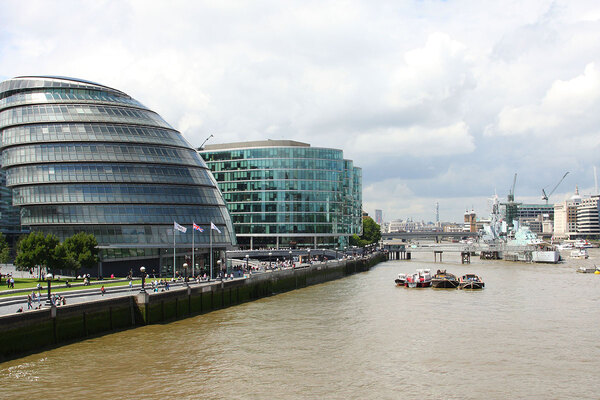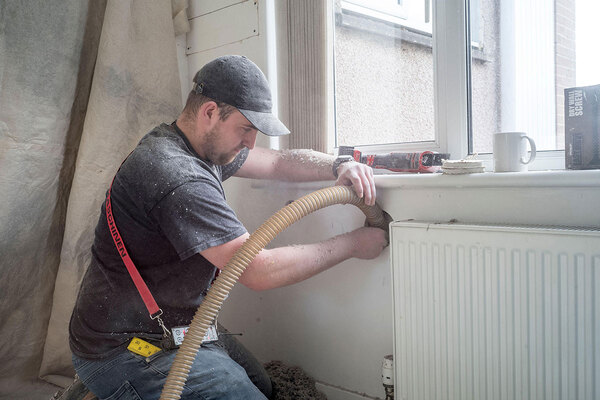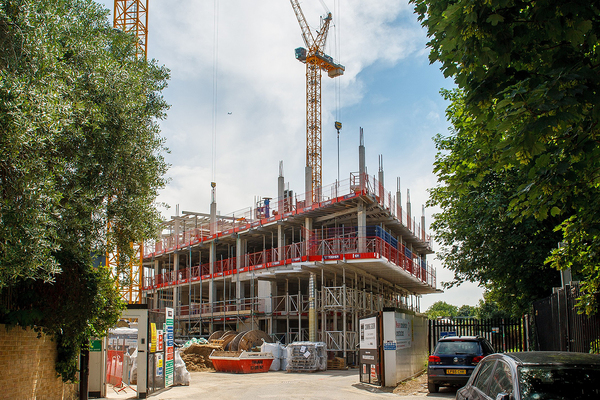Ikea backs Inside Housing’s Build Social campaign
Home-furnishing giant Ikea is backing Inside Housing’s campaign calling on all the main political parties to pledge in their manifestos for the next general election to build substantial numbers of homes for social rent. Martin Hilditch speaks to the company about why it is joining calls for systemic change and what it is looking to achieve in its new partnership with the housing charity Shelter
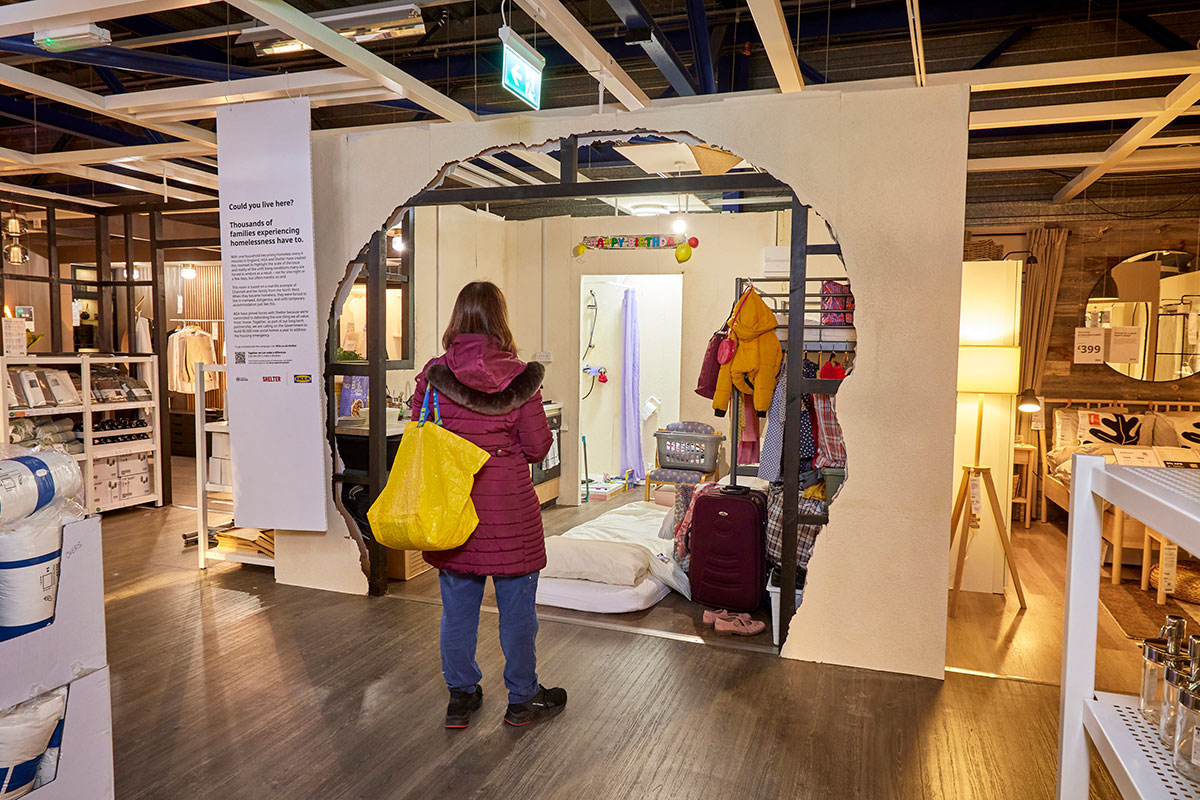

Home-furnishing giant Ikea has backed Inside Housing’s Build Social campaign, which calls on political parties to pledge in their manifestos for the next election to build new homes for social rent.
Hiliary Jenkins, sustainability business partner at Ikea, says it wants to help add “more voices to this call” and that it is “horrified” at the number of individuals and families becoming homeless in the UK.
The brand has campaigned on the issue recently and last year announced a long-term partnership with Shelter, the housing and homelessness charity. Its stated aim when the partnership launched was to “create systemic change to address the housing emergency in the UK”.
Inside Housing’s campaign, which Shelter is also backing, calls on parties across the political spectrum to put specific commitments to build new homes for social rent in their manifestos at the next general election, including 90,000 homes for social rent a year in England. This is a figure that has much consensus in the social housing sector and is one that Shelter and Ikea flag in their partnership.
The need for change is stark: more than 100,000 households live in temporary accommodation in England, including more than 130,000 children.
Inside Housing spoke to Ms Jenkins, who looks after the brand’s charity partnerships, to find out more about the partnership with Shelter, how it is going and what it is looking to achieve – and also why Ikea is keen to back the Build Social campaign.
Why is a home-furnishing retailer backing a campaign for new social housing and why did it get involved in a partnership with Shelter?
“We’re a home-furnishing retailer, we are a business at the end of the day, but the heart of everything we do is about making a house a home, and that your home underpins everything else,” Ms Jenkins says.
“As we were doing more and more research coming out of COVID and looking again at the landscape and what social issues people were faced with, we were quite horrified to find out that last year [almost] 400 households a day were becoming homeless in the UK alone.”
For Ikea, that meant looking for a different kind of charity partnership. Ms Jenkins says she was keen to build something beyond traditional “charity of the year” models. “We wanted to stand for something and really find a partner that could fit our ambitions to give more people access to better homes.”
After lengthy discussions, the partnership with Shelter was born. As mentioned, it started with the ambition to create systemic change “to address the housing emergency”. Among other things, this will involve training Ikea workers to become “life-at-home experts”, with a view to helping people in precarious housing situations understand their rights.
“We wanted to stand for something and really find a partner that could fit our ambitions to give more people access to better homes”
Ikea will fund housing-rights workers in Shelter advice hubs and there are plans to create an online learning platform to inform people of their rights. The partners have also committed to a three-year research project following the journeys of families living in social housing and the ill effects on families of living in temporary accommodation (although the details of this have not yet been finalised). The intention is to use this to call for systemic change.
The training should benefit both staff and communities, Ms Jenkins says.
“We’re a living-wage employer, we really do look after our co-workers,” she says. “But, of course, [the housing crisis] is going to be an issue that faces co-workers or the friends and family of our co-workers. In developing the partnership, we realised this will be a great resource to educate, empower and upskill our co-workers with the knowledge they need to navigate their housing rights.”
One of the goals of the partnership is for many more social homes to be built in the UK, but what other measures of success will there be? For Ms Jenkins, it starts with raising awareness. She admits she has been on a journey herself since Ikea, which builds affordable homes through BoKlok, a company jointly owned with Skanska, started researching the issue.
“I feel clued up and educated on social issues, but I had been horrified about how little I knew about this issue, in a country I’ve lived in for 15 years. So, when we talk about temporary accommodation, when we talk about hidden homelessness, what I think success would look like would be putting a spotlight on this issue for consumers, whether it is for our customers or our co-workers, but getting people to know [more widely] what the real issue is here.
“Through no fault of their own, people are forced into these incredibly difficult situations. Almost half of the people who are homeless in the UK are children.”
A lack of awareness among the general population about the scale of the problem can lead to stigma and shame for homeless families, she adds. “I think we all feel that the one thing we’d like to change is public perception of the issue.”
“Through no fault of their own, people are forced into these incredibly difficult situations. Almost half of the people who are homeless in the UK are children”
While the partnership is still developing, earlier this year Ikea and Shelter installed something they called ‘Real Life Roomsets’ in four stores across the UK. The roomsets were based on real stories of people living in temporary accommodation local to the stores that took part (London, Manchester, Birmingham and Bristol). At the time, the aim was to highlight “the cramped, dangerous and grotty spaces that an increasing number of people who are experiencing homelessness are forced to experience when living in temporary accommodation”.
To raise further awareness, Ms Jenkins says one of the roomsets will be installed at this year’s Labour Party Conference, but she admits the rooms only paint a partial picture.
“You might see the room and think, ‘That’s quite stark’,” she says. “But would you know that you had to travel an hour-and-a-half to get your kids to school? Both ways. Would you know that you had to sign in every night, otherwise you would lose that temporary accommodation? So there’d be no respite, no camping trip or visiting a friend or a relative.”
Then there are the heart-wrenching questions families in temporary accommodation wrestle with every day. “For a single mum working hard – how do you work and get your kids to school? How do you cook a healthy meal? Where do you let your kids play, do homework?”
The ultimate ambition is to effect change. This is something Inside Housing’s Build Social campaign is also looking to do. “Ikea definitely wants to add their voice to support the campaign,” Ms Jenkins says, but she takes issue with the use of one term: temporary accommodation.
“I almost hate to use that term,” she adds. “Because I think we all know it’s not very temporary a lot of the time.”
Aims of our Build Social campaign
For all political parties to commit to funding a substantial programme of homes for social rent in their manifestos at the next general election. This includes:
● 90,000 social rented homes a year over the next decade in England.
● 7,700 social rented homes a year in Scotland.
● 4,000 social rented homes a year in Wales.
Inside Housing commits to:
● Work to amplify the voices of people who need social housing, including families living in temporary housing and overcrowded conditions.
Sign up for our homelessness bulletin
Already have an account? Click here to manage your newsletters
